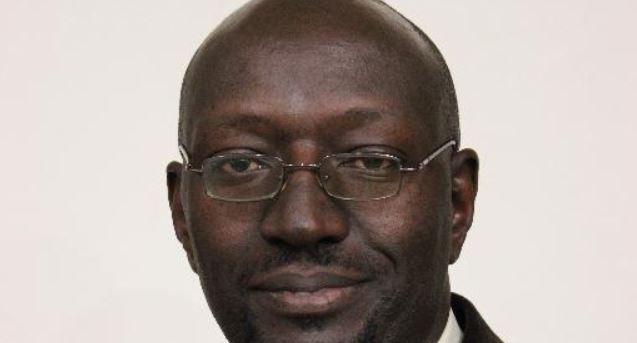
Our schools have been closed longest since schooling began in Kenya, more than a century ago. Even during the Mau Mau, they remained closed, says elders. The nine-month closure gave us some insights into what schooling is all about. It is more than paying school fees and wearing a uniform.
The first observation is that our schools are social dustbins. Parents are very happy not to have their children at home. Many would even pay to have them stay in school during the holidays. Why else is holiday tuition so popular? It is driven by parents, most think it is driven by greedy teachers.